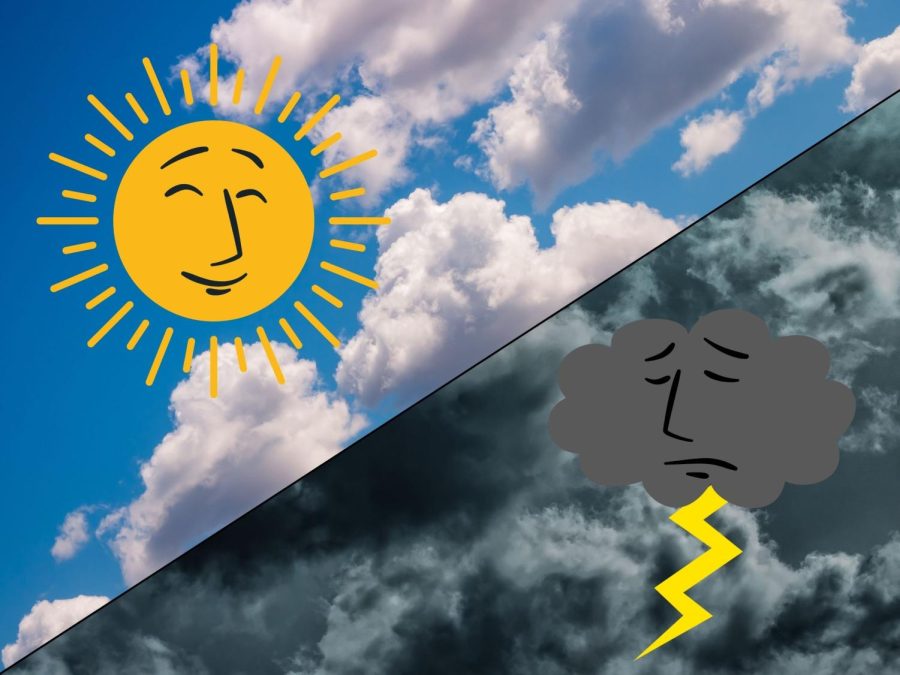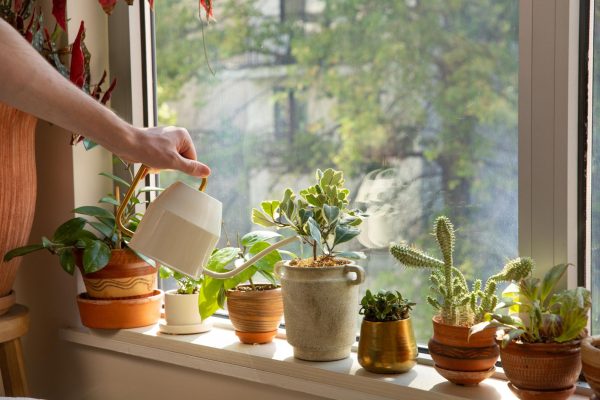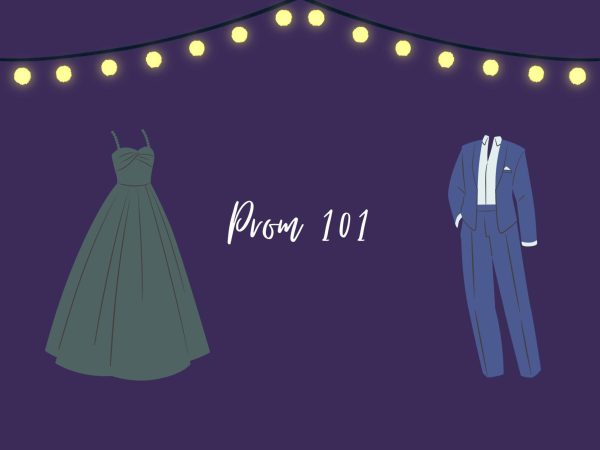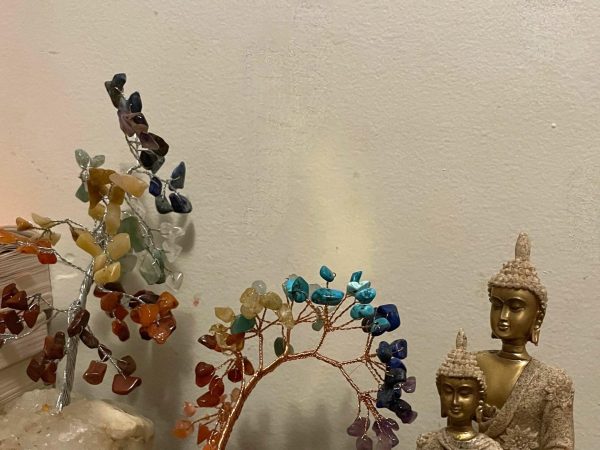Weather affects mental health
Melatonin and serotonin ebb and flow according to the weather. Sunny days bring higher sunlight exposure to boost moods and improve focus. When the night darkens, melatonin kicks in and the feelings of sleepiness, drowsiness and tiredness become more common, rather than bright skies in the early morning which causes awakeness
February 2, 2022
Moods and emotions change depending on the weather outside. Rain can lead to feelings of sadness, and the sun brings on happiness. The long-term effects of inclement weather on people’s emotions bring poor mental health for numerous people. The emotions brought on by the forecasts prove different for everyone and can overall have different outcomes depending on the person.
People’s moods depend on if the weather associates with positive or negative memories for each person, consisting of thoughts and events. A survey on how weather affects people’s mood shows 68% of people think the weather affects their moods, and 98% of the people that answered “Yes” fall under the age of 18.
Hot weather aligns with summer, filled with pool days, tank tops and ice cream. Hot weather stimulates a positive mindset, which can instantly improve moods. If someone seriously enjoys the summer and hot weather, the reminder of that weather causes them to feel excited and upbeat.
“Whenever it’s sunny out it always reminds me of going to the lake, park, or playing volleyball with my friends. The sun makes all of my favorite activities possible, like playing games at the beach and going tanning almost every day at the lake,” freshman Kathleen Divis said.
In extreme weather, mental health, stress and anxiety commonly increase. The inclement weather invites dark thoughts, causing negative emotions or making current negative feelings disastrous. Storms cause varied physical problems on the landscape too, like destruction, which causes people to dread, and even fear the first sign of grey clouds. People become miserable when waiting until a storm ends. The aftermath of severe storms can even cause PTSD (Post Traumatic Stress Disorder). To cope with these storms, people can remain optimistic, stop focusing on the storm or interact with family and friends.
The rain correlates with sadness. The depressing and bleak environment causes people to feel down and become irritable. For people with existing mental health problems, the rain can cause or increase levels of depression. Not to mention, the rain makes things wet and easily annoys people. The dreadful environment causes effects on humans and their emotions. Plans become ruined because of a change in weather unexpectedly. This can ruin someone’s day instantly, causing negative emotions and feelings. Dealing with sadness becomes difficult, but staying out of the rain in a well-lit room and doing things that improve happiness can stop the reminder of the rain.
“The weather definitely affects my mood because when it’s rainy or cloudy outside I always feel down and depressed, and I often lose motivation to complete everything I have to do that day. During the colder season in Georgia, there’s not much to do outside unless you want to freeze. So many people, including me, resort to hibernating in their room or finding more indoor activities to do,” Divis said.
Humidity and high levels of heat brings major discomfort. This brings disturbance and annoyance, common emotions people tend to feel when experiencing humid weather. Hair frizzes, body odor stinks and overall people feel gross. Anxiety and stress levels can also increase. The hot weather can make it hard for the body to stay under control with heat levels, which can increase breathing and heart rate. With Georgia’s humidity levels high, it causes annoyance through the population. Certain hacks and tips can lower humidity in houses. Special hair products can help people with frizzy hair.
“Humid weather gives me bad vibes and puts me in a bad mood. I feel like the atmosphere is odd. It makes my skin crawl and it makes me sweaty and just puts me in a bad mood. I’ll walk outside and it’s humid and I immediately know it’s gonna be a bad day,” freshman Laila Sain said.
The constant gloomy weather in places like Seattle affects numerous citizens. These citizens become affected by SAD (Seasonal Affective Disorder), also known as seasonal depression, most common in the winter. SAD affects people not regularly exposed to the sunlight. The multiple methods to cope with SAD, consist of light therapy, which mimics the sun and its rays to boost moods and pleasure. SAD affects people with low vitamin D levels or vitamin D deficiencies more easily. Vitamin D increases mainly through sunlight. With SAD affecting those not exposed to sunlight, people already affected by low vitamin D become more prone to SAD.
Different days can affect people differently. Depending on if one lives with existing mental health problems, they can feel differently affected by the weather. Understanding that the weather can cause problems and learning how to deal with those problems can help people stay under control when the weather changes.

















